Difference Between Gap Insurance And Loan/Lease Payoff
Jan 11, 2024 By Susan Kelly
If you're in a position to pay cash for a brand-new car, you won't have to worry about the value dropping quickly. But if you've financed your new car with a loan and haven't put down at least 30%, you should think about taking extra precautions to safeguard your investment. If you're concerned about going into negative equity on your new car loan, you need to move quickly. The solution lies in gap insurance or other loan/lease payback coverage. If you had to choose one, however, which would it be? The time limit in which you may make the purchase, the amount of coverage required, the cost, and indeed the availability of something like the coverage are all factors to consider.
Time Limit For Purchasing Insurance
To be effective, gap insurance must be obtained quickly, often within 30 days following a major purchase. Only a car that has never had a title before is eligible for this option. Some potential purchasers may find the rules to be too restrictive. Decisions need to be taken quickly, so you don't risk exceeding the allotted time. You may get loan/lease payoff insurance whenever you want. Even if you don't know about loan/lease payment until a friend tells you about it months after your original purchase, you may add it to your policy. As with any financial product, insurance benefits from adaptability. Gap insurance pays for anything between your loan amount and your car's actual cash value (ACV) in case of a total loss.
The Typical Loan/Lease Payback Is Just 25% Of The Vehicle's Acv

3 The loan/lease payback coverage will only pay up to the ACV of the car, so if the ACV is $20,000, the most you would get is $5,000. There is often a deductible associated with loan/lease coverage as well. You may be responsible for paying both of these deductibles if there is a complete loss. Find out how much money would be left over if you were to file a complete loss claim right now. Check your loan balance against the Kelly Blue Book value. There is usually no need for more than the standard 25% coverage that comes with a loan or lease payback.
Availability

Loan/lease payback coverage is less prevalent than gap insurance. Most car loan companies offer Gap insurance and are often included in lease agreements. When comparing gap insurance to loan/lease payback, gap insurance is more common. Since gap insurance is often not available for used automobiles, loan/lease payback is useful. Loan/lease payback may also relate to genuine gap insurance. Therefore be wary of such terms. Find out what your specific plan covers by contacting your insurance company. Progressive provides loan/lease payback coverage but not gap coverage, so keep that in mind if you're weighing your options. 3 You could also contact your financial institution to inquire about loan/lease payoff options.
If you discover that you have been upside down late in your loan, you should investigate your possibilities for a loan or lease payback coverage. True gap insurance is ideal if you want the whole balance of your car paid off without having to pay a deductible or any other out-of-pocket costs. Insuring yourself with both is smart since it may safeguard your future finances. No one plans on being "underwater" on their auto loan. To reduce or eliminate your need for gap insurance, you should do everything you can to plan for the automobile purchase. Sometimes, such as when signing a car lease or when a person's financial woes coincide with mechanical difficulties with their vehicle, this is inevitable. Most Americans couldn't get by without some transportation. Get yourself covered with gap insurance if you ever find yourself in the unfortunate position of being unable to make the monthly loan payments because the value of your automobile has dropped.
Conclusion
Gap insurance policies are often required to be obtained during the first 30 days of vehicle ownership. Some insurance companies may provide gap coverage if you are the original owner and the vehicle is no more than two or three model years old, even if you have gone over the grace period. Your gap insurance will begin paying out if your car is declared a complete loss. The policy compensates you for the sum greater than the actual cash value paid out by your insurance company, the amount still owed on your loan, and the deductible. In the case of a complete loss, the insurance policy will also kick in to pay off any loans or leases. However, the typical payout is limited to up to 75% of the deductible plus 25% of the car's real cash worth. Loan/lease payback coverage may still need you to pay some cash out of pocket, depending on the remaining loan amount. This is far less likely to occur if you have gap insurance.
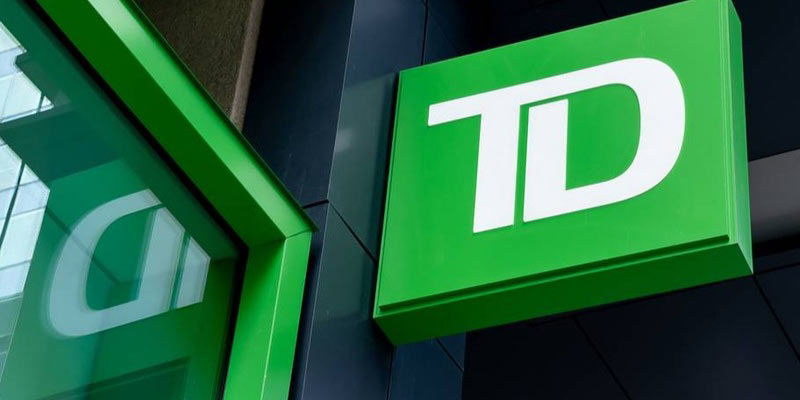
Understanding TD Bank's Home Equity Offerings
Mar 19, 2024
Uncover TD Bank's home equity options, rates, and requirements. Find out if it's the right choice for your financial needs.

7 ways to strengthen your home's refinancing appraisal value
Feb 13, 2024
To buy a new home, you must first refinance the mortgage on the one you already own. This is because if the value of your refinancing evaluation is high, you have a better chance of getting good terms like a lower interest rate and a longer loan term
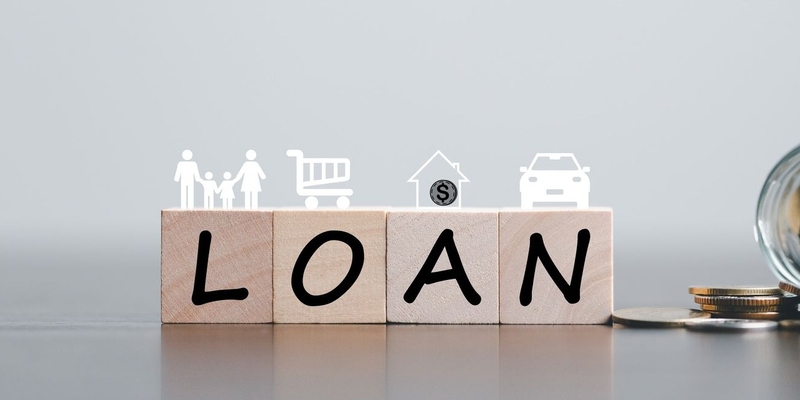
Choosing the Right Financial Service for Veterans
Mar 19, 2024
Compare the financial services for veterans offered by Veterans First and Veterans United. Decide which institution better aligns with your needs.
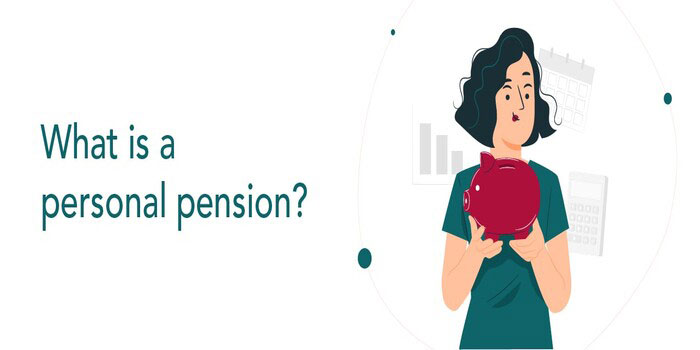
Do You Know: What is a Personal Pension?
Feb 28, 2024
Individuals can take charge of their retirement planning by establishing a personal pension. Sometimes referred to as "money purchase pensions" or "defined contributions," these plans have several names. The amount you receive from an annuity is often proportional to the salary you last earned. At the workplace, several companies provide employees with personal pensions.

Citi Simplicity vs. Citi Diamond Preferred: What's the Difference?
Dec 08, 2023
When choosing a credit card, there are many factors to consider. Two of the most popular options offered by Citi are the Citi Simplicity and the Citi Preferred cards. Both offer great benefits and rewards, but which is best for you?

How Taxes Work Out When You Sell Stocks
Dec 08, 2023
Trading stocks might significantly impact your tax liability. If you sold the stock for more than you bought it, you might have to pay capital gains tax. Capital losses may be deducted from taxable income.
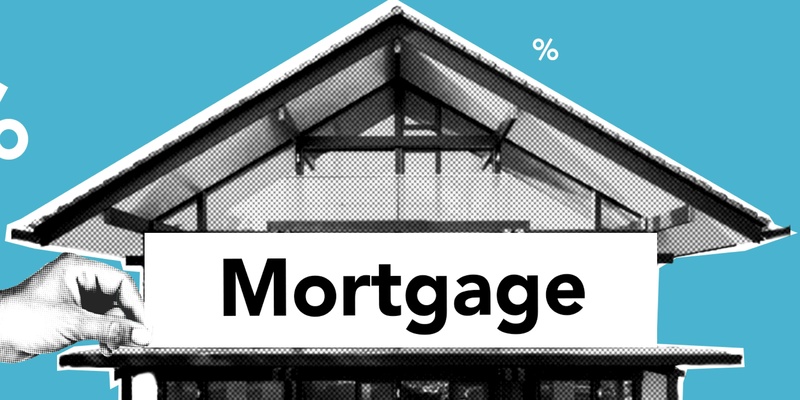
Exploring Better Mortgage and Rocket Mortgage
Mar 19, 2024
Compare Better Mortgage and Rocket Mortgage for your home loan needs. Learn about their features, pros, and cons.

Everything You Need to Know About Home Equity
Mar 19, 2024
Understand home equity, its definition, and implications. Learn how it works and its significance in personal finance.

Understanding Texas Home Equity Loans and HELOCs
Mar 19, 2024
Discover the ins and outs of Texas home equity loans and HELOCs in this comprehensive guide. Learn how they work and their benefits.
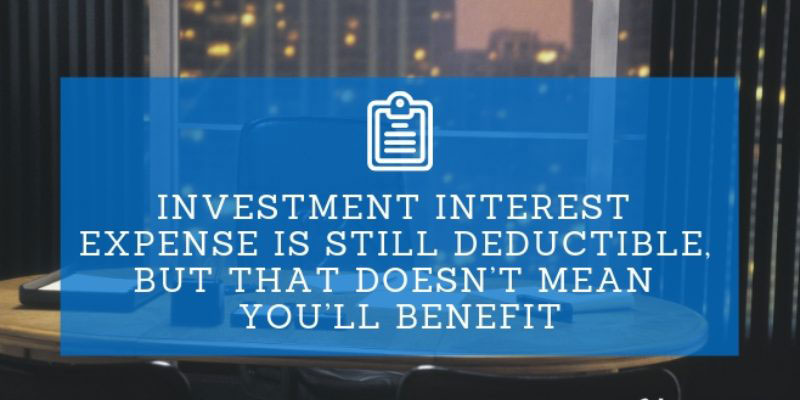
What You Should Consider About The Investment Interest Expense Deduction
Jan 25, 2024
Tax breaks and other provisions exist in the federal tax law to entice financial investments. One of them is the ability to write off interest paid on investments. Although there are limits on the amount and types of investments that qualify for something like the interest deduction, it is possible to write off interest payments made when using borrowed funds for investing purposes. Interest paid on a loan taken out to purchase an investment, for instance, a margin loan or a mortgage on investment property, is an example of investment interest expenditure. Divide the profits and losses from an investment that serves your personal and commercial interests.

What Are the Community Property Rules for Federal Income Tax Returns?
Feb 19, 2024
The term "community property" describes how a married couple's assets are treated under the law in certain states in the United States. In a marriage, both partners share equally in the breadwinner's earnings and the ownership of all tangible and intangible assets acquired by either partner during the marriage.

What Is Subordinated Debt And What Are the Possible Consequences?
Oct 31, 2023
An unsecured loan or bond with a lower claim priority to assets or earnings is called subordinated debt or a subordinated debenture. Debentures with a lower ranking than equity are categorized as junior securities. In the event of borrower failure, subordinated creditors will get paid after all senior bondholders have been repaid in full.